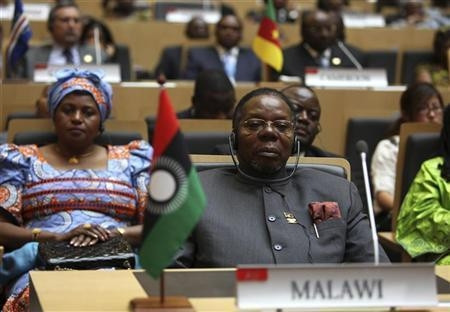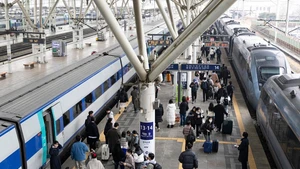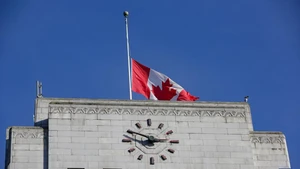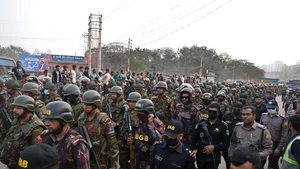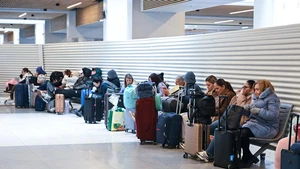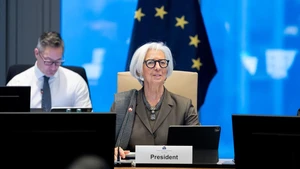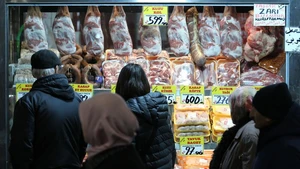Malawi's state radio announced on Saturday that President Bingu wa Mutharika had died, and Vice-president Joyce Banda prepared to take over as southern Africa's first female head of state.
Mutharika, 78, suffered a cardiac arrest on Thursday and state media said he had been flown to South Africa.
Medical and government officials said on Friday that he was dead but there was no formal announcement, leading to fears of a power-struggle.
A government official said on state radio that there would be 10 days of national mourning.
Malawi's constitution is clear that Banda should take over, although a smooth transition has not been completely assured since she was booted out of Mutharika's ruling Democratic People's Party (DPP) in 2010 after an argument about succession.
Mutharika appeared to have been grooming his brother Peter Mutharika, the foreign minister, as his de facto successor. The president's brother was lined up to be the DPP's presidential candidate in the 2014 elections.
Banda is due to hold a news conference on Saturday, officials said, as well as meet the Attorney General and head of the armed forces, suggesting any divisions over the transfer of power have been ironed out.
Mutharika governed Malawi for eight years, but was recently accused of mismanaging the economy and becoming increasingly autocratic.
He fell out last year with former colonial ruler Britain, which withdrew its direct aid, accusing the Malawian government of mishandling the economy and of failing to uphold human rights.
Malawi is one of the poorest countries in the world, with an estimated 75% of the population living on less than US$1 a day.
The country has suffered shortages of fuel and foreign currency since the UK and other donors cancelled aid.
